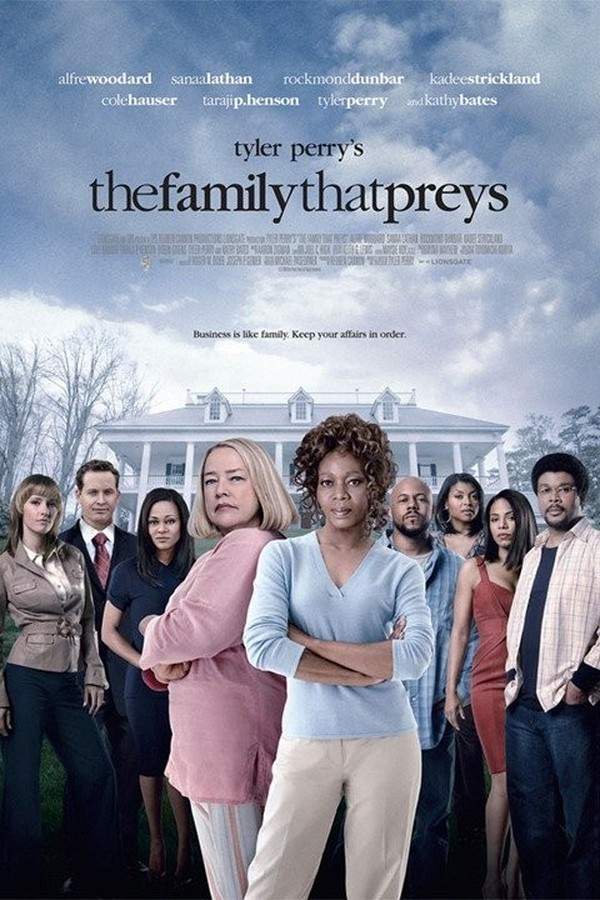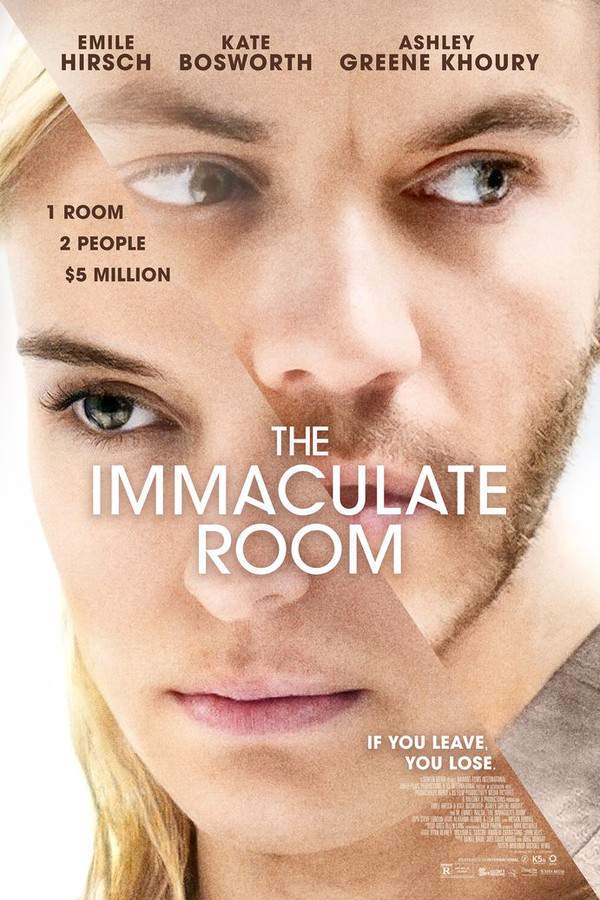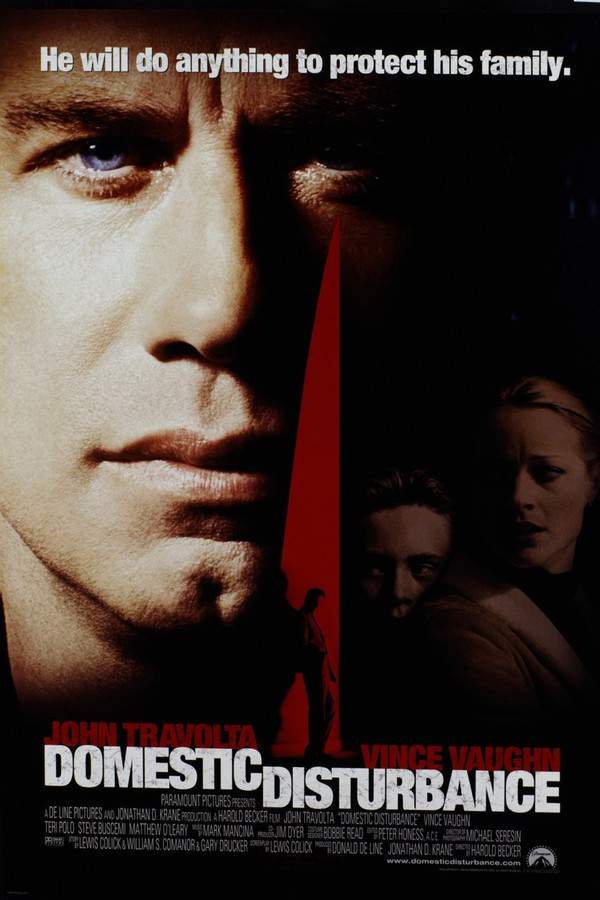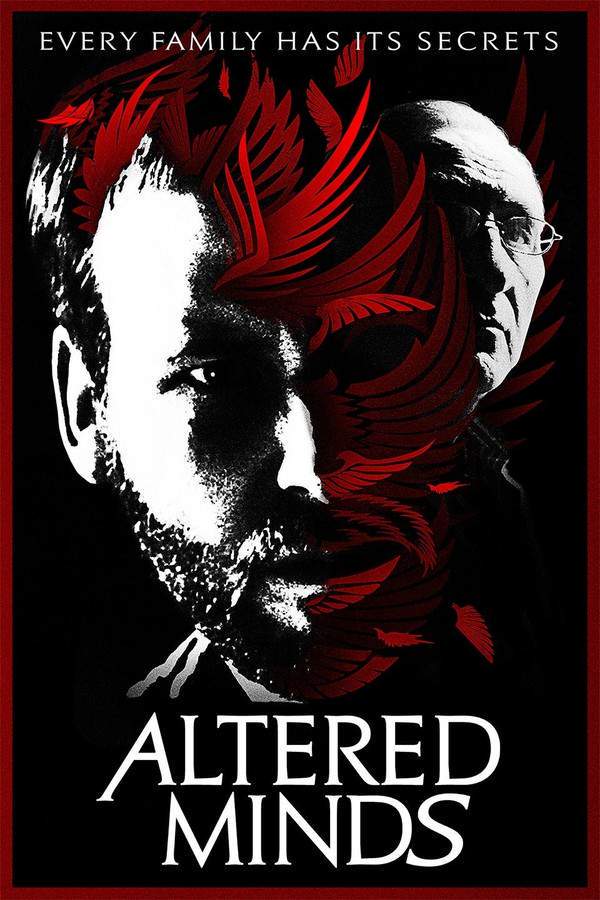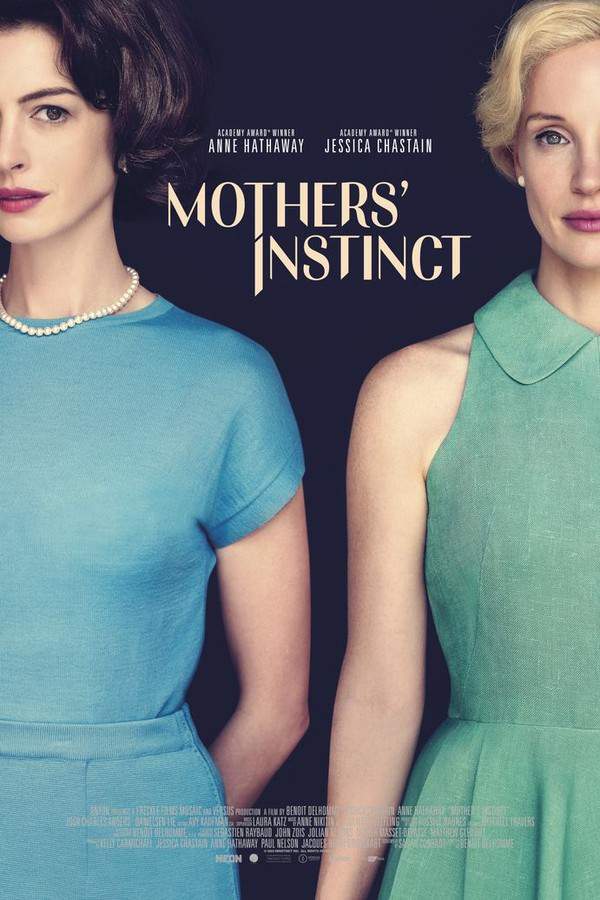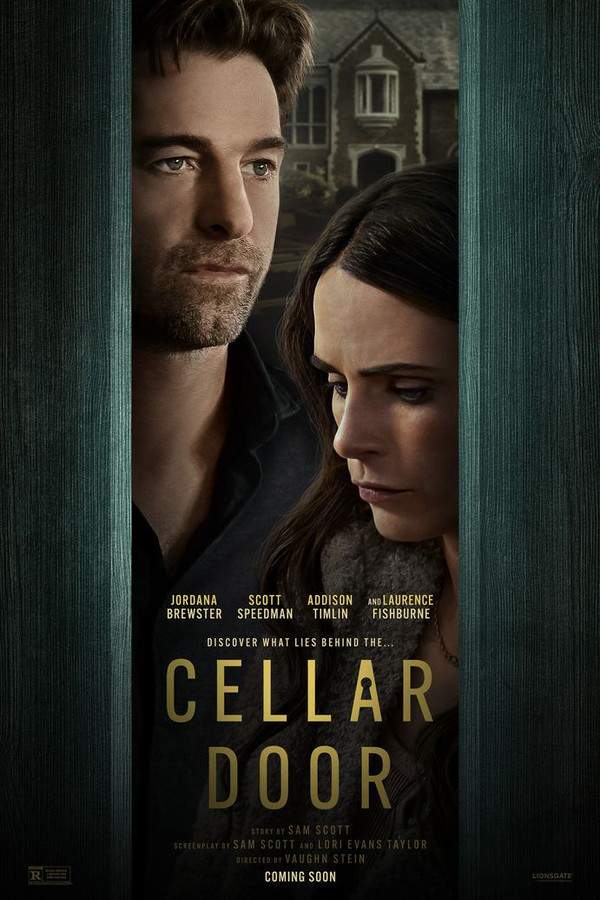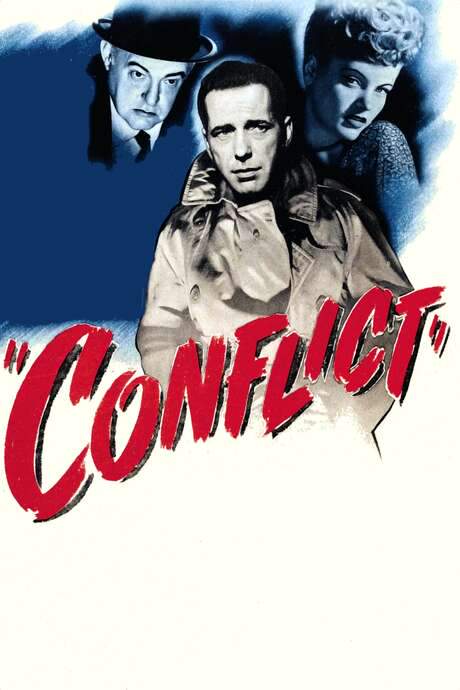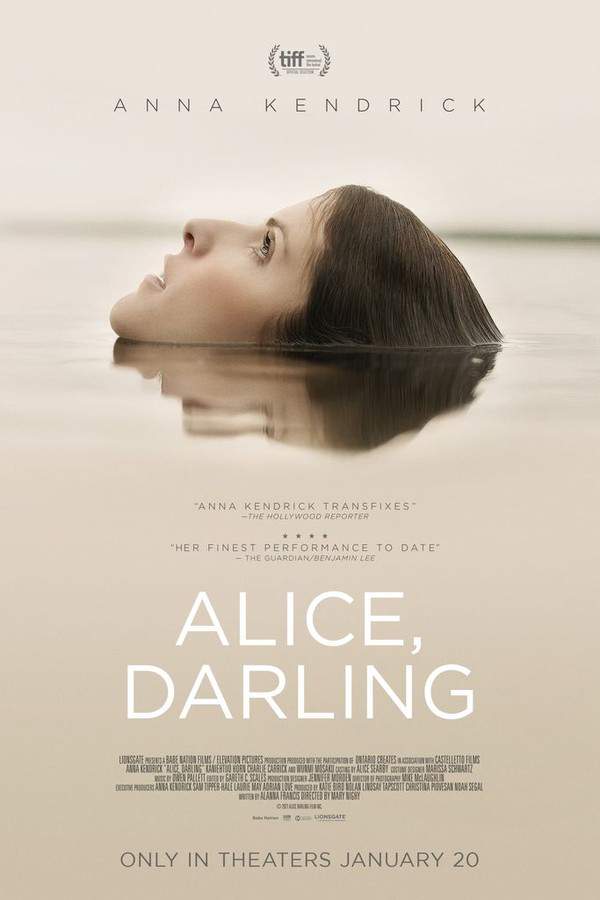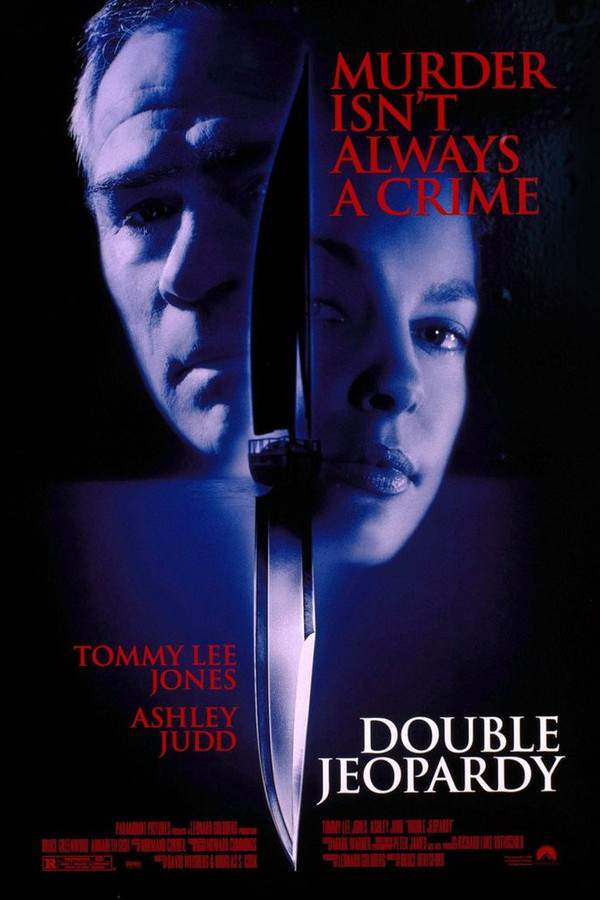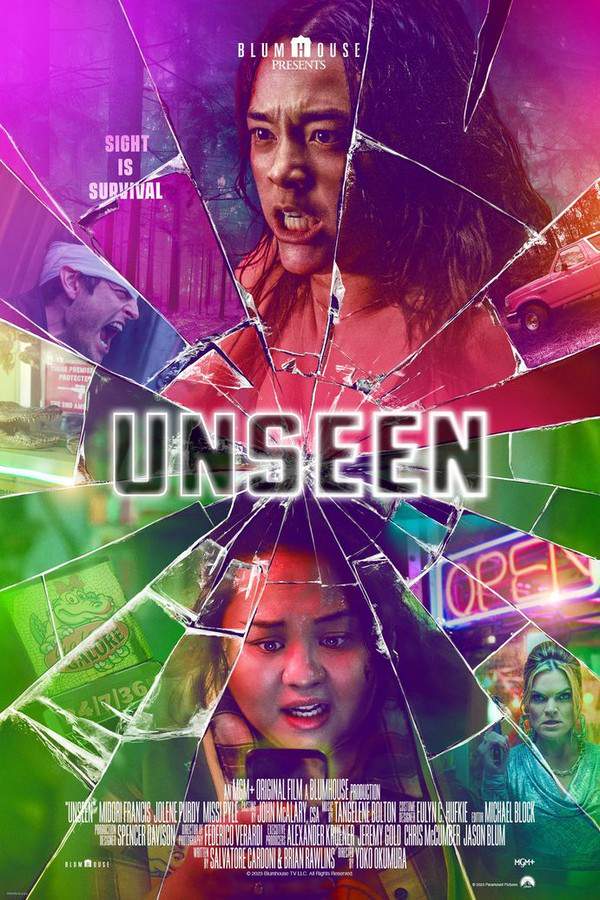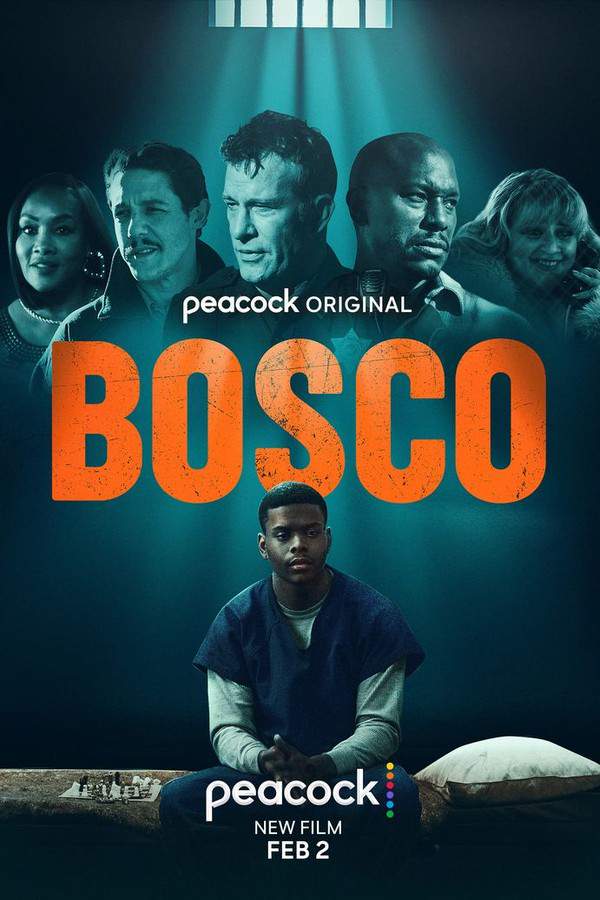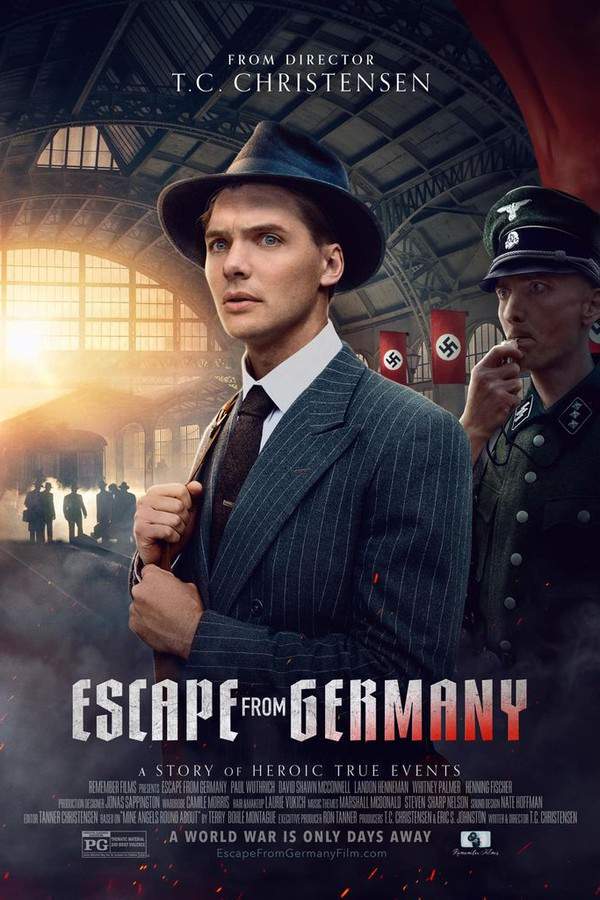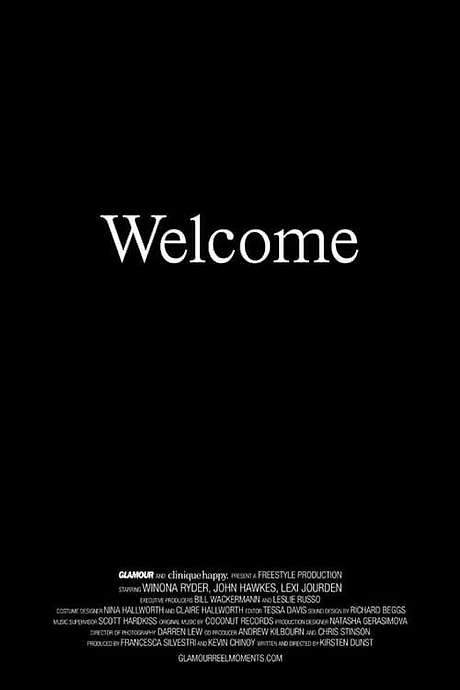
The Strange Affair of Uncle Harry
Year: 1945
Runtime: 80 mins
Language: English
Director: Robert Siodmak
Based on the stage play that caused a stir in Hollywood, the film stars George Sanders in a gripping melodrama. He portrays a brother whose overbearing sister tightly controls his life, and becomes increasingly possessive when he begins to fall in love, leading to tension and conflict.
Warning: spoilers below!
Haven’t seen The Strange Affair of Uncle Harry yet? This summary contains major spoilers. Bookmark the page, watch the movie, and come back for the full breakdown. If you're ready, scroll on and relive the story!
The Strange Affair of Uncle Harry (1945) – Full Plot Summary & Ending Explained
Read the complete plot breakdown of The Strange Affair of Uncle Harry (1945), including all key story events, major twists, and the ending explained in detail. Discover what really happened—and what it all means.
Harry Quincey, George Sanders, is a warm, easygoing middle-aged bachelor who designs fabrics at the local mill in Corinth, a quiet New England town where life is defined by routine and the weight of a once-great family name. He keeps the family mansion running with the help of his two sisters, Lettie Geraldine Fitzgerald and Hester Moyna MacGill, even as the Great Depression has stripped away much of their former wealth. The town sees him as a steady, sympathetic presence, a man who means well and who has learned to shoulder responsibility without bitterness. The fabric mill, the aging house, and the fragile balance of a family clinging to its last comforts all anchor his days in a steady, almost ritual cadence.
The arrival of Deborah Ella Raines, a poised and stylish designer from New York City, disrupts that rhythm in an instant. She is not just a new colleague but someone who stirs something warmer and more hopeful in Harry. Deborah’s presence also unsettles Lettie, whose health and vanity have long been used to controlling the household’s dynamics. Lettie’s illness and her drifting, feigned ailments become a kind of yonic power play within the family, a reminder that the sisters’ alliance has always been fragile and easily unsettled by desire and longing. As Deborah and Harry begin to see each other clearly—Harry declaring his love in a moment of quiet reckoning—the prospect of marriage promises a real future for Harry, one that would anchor him in the family house and secure a measure of happiness that has eluded him for years.
Yet the plan to marry is not simple. Deborah’s presence challenges Lettie’s grip on the house, and the local estate agent’s suggestions about downsizing and relocation only fuel Lettie’s resistance. Hester, more pragmatic and less prone to melodrama than Lettie, supports the match and the idea of a new life for Harry, even as she recognizes the risk of tearing the household apart. The sisters’ tension becomes a live current running beneath every conversation, every glance, every casual remark about money, status, and the future of the Quincey name. In the middle of this emotional storm, Deborah and Harry resolve to marry and to make a life together in the very house the family has clung to for generations, hoping that this union will heal old wounds and give Harry a new sense of belonging.
But Lettie will not yield easily. After months of subterfuge and quiet sabotage at the hands of a sister who cannot stand to lose control, Deborah makes a bold plea to Harry: run away with me to New York and marry tonight. The plea is seductive and terrifying in equal measure, offering escape from a house that feels more like a trap than a home. Their escape plan is interrupted by a sudden crisis—Lettie collapses in church and is rushed to the hospital—forcing Harry to confront a choice he has dodged for years: can he leave his sister when she is vulnerable and in need of care? He cannot bring himself to abandon Lettie, not while she remains ill, and Deborah, heartbroken and resolute, withdraws, leaving Harry to reassess what his life could be apart from the women who have shaped it.
Weeks pass, and Lettie’s recovery rekindles old wounds as Hester outwardly blames Lettie for the rift she believes Deborah’s presence created. Lettie, though, argues that Deborah was never the right match for Harry, insisting that true happiness for him should be found within the family rather than in a glamorous external life. In a moment of dangerous vulnerability, Harry discovers a bottle of poison in Lettie’s desk—an item she bought to ease the pain of their aging dog. He slips a dose into Lettie’s hot chocolate, but fate and carelessness conspire: the cups are mixed, and it is Hester who dies after drinking from the poisoned cup. The housekeeper, who has long listened to the siblings’ quarrels, interprets the tragedy as Lettie’s crime, and Harry allows the accusation to stand during the ensuing trial.
The weight of guilt crushes Harry, and in a moment of desperation, he confesses to the prison governor that it was he who poisoned his sister. Yet the governor assumes that Harry is trying to protect Lettie, a defense that rings hollow against the stark reality of the crime. In the days that follow, Lettie faces a grim future, and she intones that the life she believed in will now belong to someone else, leaving Harry to bear the enduring guilt of what happened in the house they all shared.
Then comes a startling twist: Harry awakens to find that the entire sequence—the poisoning, the trial, the looming punishment for Lettie—had been a dream. The emotional storm dissolves, and the room returns to its ordinary sounds. Deborah reenters with a new clarity and courage: she did not go through with the wedding to Warren, recognizing that the man she truly loves is Harry. The story closes not with a bitter consequence but with a choice to begin anew, as the couple resolves to leave for New York together and seek a life free of the shadows that once haunted Corinth.
In this portrait of family, desire, guilt, and the pull between duty and happiness, the film threads a moral tension through the everyday details of house and habit. It asks what a person is willing to sacrifice—whether to protect a family member, to honor old loyalties, or to pursue a future that might finally offer a sense of belonging. The dreamlike sequence toward the end—where the whole past seems to resolve in an instant—underscores the fragility of memory and the resilience of love. And in the end, what remains is not the ruin of a once-proud house, but the possibility of a new start for Harry and Deborah, who set out toward New York ready to chart a life together, unbound by the anxieties that once divided them.
Last Updated: October 07, 2025 at 09:13
Explore Movie Threads
Discover curated groups of movies connected by mood, themes, and story style. Browse collections built around emotion, atmosphere, and narrative focus to easily find films that match what you feel like watching right now.
Claustrophobic Family Tragedies like The Strange Affair of Uncle Harry
Stories of suffocating family bonds that turn into psychological warfare.If you liked the tense, oppressive dynamic in The Strange Affair of Uncle Harry, you'll find similar movies here. These psychological dramas and thrillers focus on toxic codependency, emotional blackmail, and the desperate struggle for freedom within a suffocating family unit.
Narrative Summary
These narratives typically center on a protagonist, often an adult child, held captive by the emotional demands of a close family member. The conflict builds steadily as the desire for independence clashes with a powerful sense of obligation, often escalating to a breaking point involving manipulation, deceit, or even violence.
Why These Movies?
These films are grouped together for their shared focus on dysfunctional family dynamics as the primary source of tension. They create a specific, claustrophobic mood where the home becomes a psychological prison, and the emotional weight of familial duty drives the plot.
Movies with Hopeful Endings After Dark Journeys like The Strange Affair of Uncle Harry
Emotionally heavy stories that ultimately find a path to hope.Fans of The Strange Affair of Uncle Harry who appreciated its blend of heavy themes with a hopeful conclusion will enjoy these films. They are stories where characters endure intense psychological pressure or dark circumstances but ultimately achieve a new beginning.
Narrative Summary
The narrative pattern involves a protagonist enduring a period of extreme psychological pressure, often facing a major moral test or being trapped in a bleak situation. The climax resolves this pressure, not with further despair, but with a clear, affirmative turn toward freedom, peace, or a second chance.
Why These Movies?
These films share a specific emotional arc: they are unafraid to sit with heavy, tense, and sometimes disturbing themes, but their defining feature is a cathartic, hopeful payoff. This creates a satisfying contrast that balances the darkness of the journey with the light of the outcome.
Unlock the Full Story of The Strange Affair of Uncle Harry
Don't stop at just watching — explore The Strange Affair of Uncle Harry in full detail. From the complete plot summary and scene-by-scene timeline to character breakdowns, thematic analysis, and a deep dive into the ending — every page helps you truly understand what The Strange Affair of Uncle Harry is all about. Plus, discover what's next after the movie.
The Strange Affair of Uncle Harry Timeline
Track the full timeline of The Strange Affair of Uncle Harry with every major event arranged chronologically. Perfect for decoding non-linear storytelling, flashbacks, or parallel narratives with a clear scene-by-scene breakdown.

Characters, Settings & Themes in The Strange Affair of Uncle Harry
Discover the characters, locations, and core themes that shape The Strange Affair of Uncle Harry. Get insights into symbolic elements, setting significance, and deeper narrative meaning — ideal for thematic analysis and movie breakdowns.

The Strange Affair of Uncle Harry Spoiler-Free Summary
Get a quick, spoiler-free overview of The Strange Affair of Uncle Harry that covers the main plot points and key details without revealing any major twists or spoilers. Perfect for those who want to know what to expect before diving in.

More About The Strange Affair of Uncle Harry
Visit What's After the Movie to explore more about The Strange Affair of Uncle Harry: box office results, cast and crew info, production details, post-credit scenes, and external links — all in one place for movie fans and researchers.

Similar Movies to The Strange Affair of Uncle Harry
Discover movies like The Strange Affair of Uncle Harry that share similar genres, themes, and storytelling elements. Whether you’re drawn to the atmosphere, character arcs, or plot structure, these curated recommendations will help you explore more films you’ll love.
Explore More About Movie The Strange Affair of Uncle Harry
The Strange Affair of Uncle Harry (1945) Scene-by-Scene Movie Timeline
The Strange Affair of Uncle Harry (1945) Movie Characters, Themes & Settings
The Strange Affair of Uncle Harry (1945) Spoiler-Free Summary & Key Flow
Movies Like The Strange Affair of Uncle Harry – Similar Titles You’ll Enjoy
The Uncle (2019) Detailed Story Recap
Strange Affair (1981) Story Summary & Characters
The Sister (1000) Full Movie Breakdown
Sister, Sister (1987) Movie Recap & Themes
Strange Illusion (1945) Ending Explained & Film Insights
A Strange Adventure (1932) Film Overview & Timeline
The Bad Sister (1931) Ending Explained & Film Insights
They Were Sisters (1945) Complete Plot Breakdown
Conflict (1945) Full Movie Breakdown
Strange Triangle (1946) Story Summary & Characters
Strange Affair (1944) Spoiler-Packed Plot Recap
The Strange Affair (1968) Plot Summary & Ending Explained
The Gay Sisters (1942) Detailed Story Recap
The Strange Love of Martha Ivers (1946) Movie Recap & Themes
Affair in Trinidad (1952) Ending Explained & Film Insights

